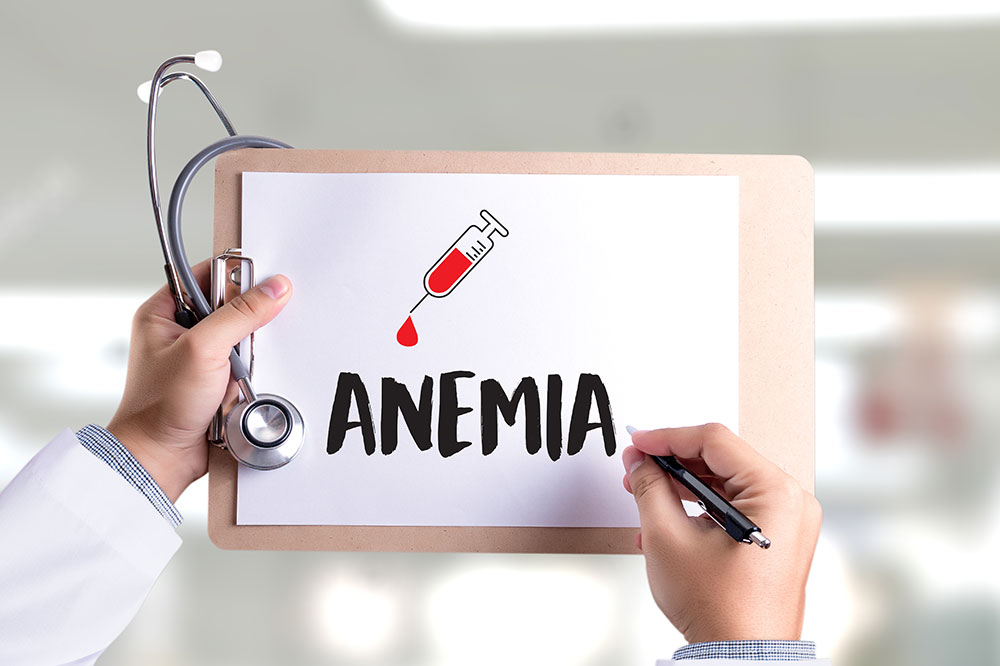
Anemia – Symptoms, types, and prevention
Anemia is a kind of medical condition in which an adequate amount of oxygen fails to reach one’s body’s tissues owing to the deficiency of red blood cells in their body. When one suffers from this condition, their body feels weak and exhausted all the time.
Symptoms
There are different kinds of anemia and each of them has a cause of its own. It can have short-term or long-term effects and the disease can be mild or severe in nature. If one sees any symptoms suggesting that point toward anemia, it is essential to consult a doctor immediately.
The signs vary from person to person and depend on the cause or their origin. Sometimes, the chronic disease causes anemia and the doctor ends up diagnosing the disease but the fact that one is suffering from anemia does not show up in the test. Sometimes, there are mild symptoms and then, with time the symptoms become more prominent indicating that the disease has penetrated one’s body more deeply. Some of the commonly found symptoms include breathing difficulties, fatigue, pale skin, chest pain, headache, dizziness, hands and feet turning cold, irregular heartbeat, and pain in the chest .
Types of anemia
- Iron deficiency anemia
This is the most common kind of anemia, which occurs due to iron deficiency. The bone marrow requires iron to produce hemoglobin in order to create red blood cells. Without sufficient iron, one’s body is unable to create sufficient hemoglobin for red blood cells. Blood loss, which is caused by an ulcer, menstrual bleeding, and the consumption of pain-relieving medications are one of the major factors behind iron deficiency. - Aplastic anemia
This is a rare kind of anemia, which could pose a grave danger to one’s life. This is caused when the body does not produce sufficient red blood cells. Infections, auto-immune diseases, consuming certain kind of medicines, and getting exposed to toxic chemicals also gives rise to this rare condition. - Sickle cell anemia
This is categorized as hemolytic anemia, which is often inherited from another individual suffering from the condition. The cause behind this condition can be traced to a type of defective hemoglobin, which coerces red blood cells to bear an abnormal sickle-like shape. The irregular blood cells suffer from premature death, and this causes a deficiency of red blood cells in the body.
Apart from these, the other types of anemia include anemia connected with a bone marrow-related disease, anemia of inflammation, and vitamin-deficiency anemia.
How to prevent anemia
- Consume iron-rich food items
As iron deficiency is one of the primary causes of anemia, it is important to follow a diet, which consists of food items that are rich in iron. If iron is present I the body in rich quantities, there will be lesser chances of one is suffering from anemia. Some food items in which iron is commonly found are green leafy vegetables, beans, lentils, and cereals. - Treat one’s body with vitamins
Apart from iron, make sure that vitamin-rich food items also form a major part of one’s diet. Folate, vitamin B-12, and vitamin C are extremely essential for the body to build a defense against anemia. Citrus fruits and juices made out of them are rich in vitamin C. Even dairy products are known to provide the body with vitamin B-12 in a good amount. Folate is present in green vegetables, peanuts, rice, and kidney beans.







